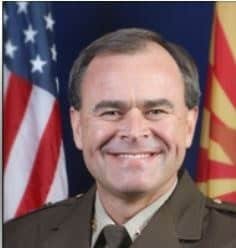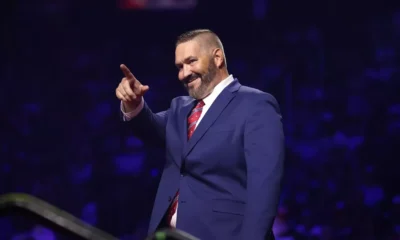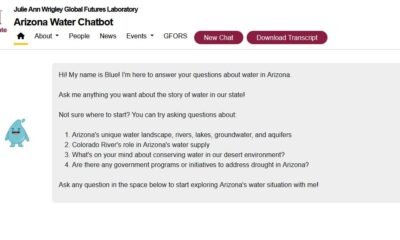County News
Yavapai County Sheriff’s Office Secures $557K to Tackle OHV Challenges

The Yavapai County Board of Supervisors has approved a significant funding appropriation of $796,570 to boost law enforcement for off-highway vehicles (OHVs). This decision was made during their meeting on June 4, with the majority of the funding coming from a state grant aimed at enhancing OHV enforcement efforts in rural regions.
“The grant will allow us to continue dedicated enforcement in rural areas,” stated Yavapai County Sheriff’s Office (YCSO) Chief Deputy Jeff Newnum. The funding will not only secure a full-time deputy to oversee these efforts but also provide necessary equipment, including a fully-equipped side-by-side utility task vehicle (UTV).
The financial breakdown indicates that $239,200 will come from county resources, covering staff time and related expenses. Additionally, $108,100 is earmarked for equipment, incorporating essential tools like 12 trail cameras and $10,000 set aside for educational materials.
Concerns regarding OHV damage were emphasized by District 4 Supervisor Chris Kuknyo. “The people are screaming for this, and it’s getting tore up out there,” he remarked, highlighting issues particularly in Sedona where reported damage amounted to 78.7 acres. Kuknyo pointed out the challenges with accountability for renters of OHVs, especially given the increase in rentals in the area.
Newnum noted that the new deputy will join the YCSO Forest Patrol Squad, which specializes in various rescues and provides support teams for off-highway and mountain biking activities. “I’m excited to see this move forward,” District 3 Supervisor Nikki Check added, acknowledging the crucial nature of this initiative while expressing hope for more permanent solutions to OHV-related issues.
YCSO is actively exploring additional resources for OHV enforcement, with the recent grant application approved by the board in April marking a significant milestone. Sheriff David Rhodes said, “This is the culmination of about three years of work” aimed at addressing the OHV challenges faced across the county.
Rhodes noted a considerable increase in licensed OHVs in Arizona, rising from 100,000 to 250,000 during the COVID-19 pandemic. This surge has escalated the costs associated with enforcement, which have begun to impact county operations. He credited the Arizona Off-Highway Vehicle Study Committee for helping to secure funding specifically for enforcement purposes.
Looking ahead, Rhodes indicated plans for a dedicated OHV coordinator and the potential use of a recently acquired helicopter for enhanced enforcement efforts. He expressed optimism regarding ongoing financial support from the Arizona State Parks Board for future county enforcement initiatives.
As of now, YCSO has not provided further comments regarding OHV enforcement and jurisdiction.


















